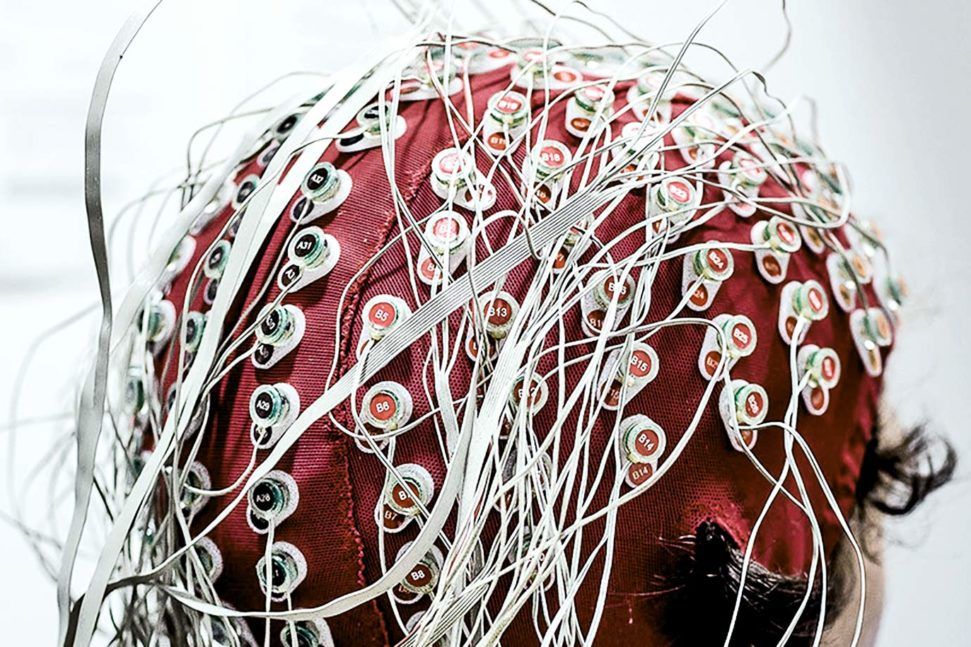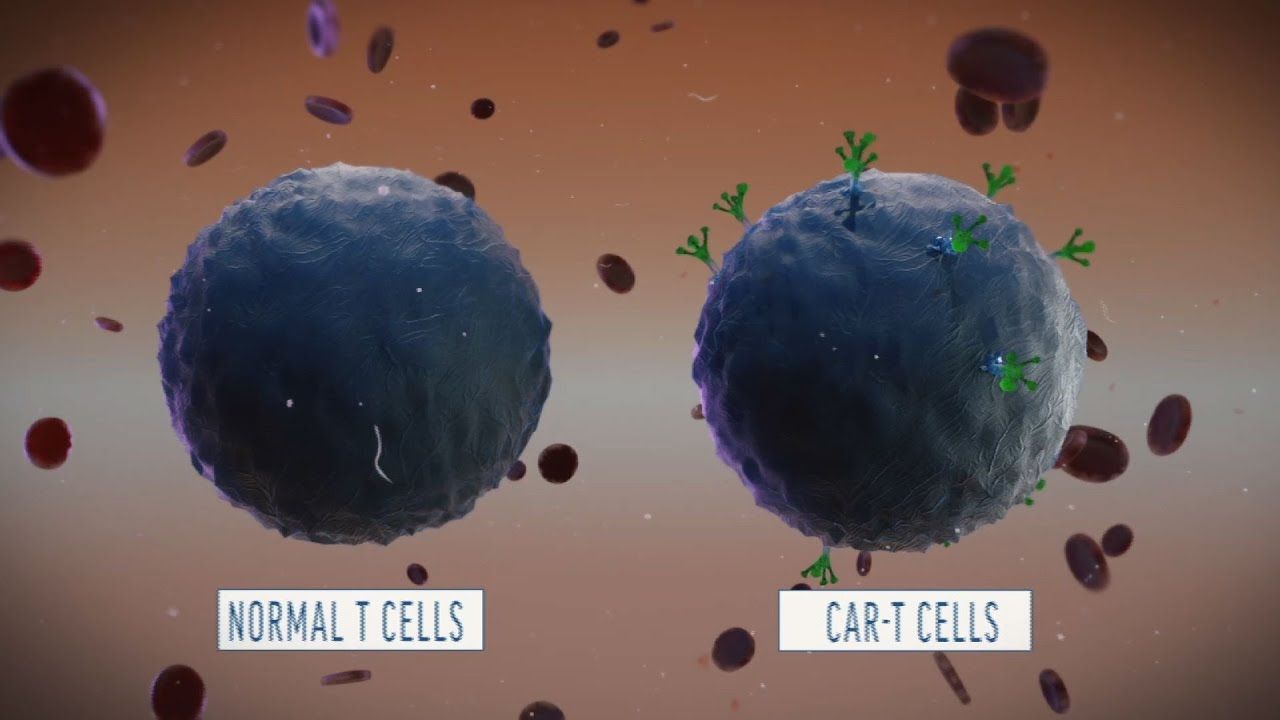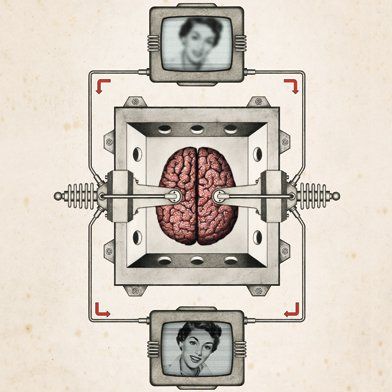Mar 2, 2018
A New Study Suggests It May Be Possible To Fall Into A Black Hole And Actually Survive
Posted by Genevieve Klien in categories: cosmology, futurism
Your past would theoretically be obliterated and a strange new future would stand before you.
The belief that venturing into a black hole will lead to instant death, with one’s body being torn to pieces, is one that has long pervaded the scientific community, but now a new study by a Berkeley University physicist has suggested that it may actually be possible to fall into a black hole and survive.
Even more intriguing, once inside the black hole, a person may find that their past has been completely obliterated and they could have the opportunity to live many different and strange futures.


















